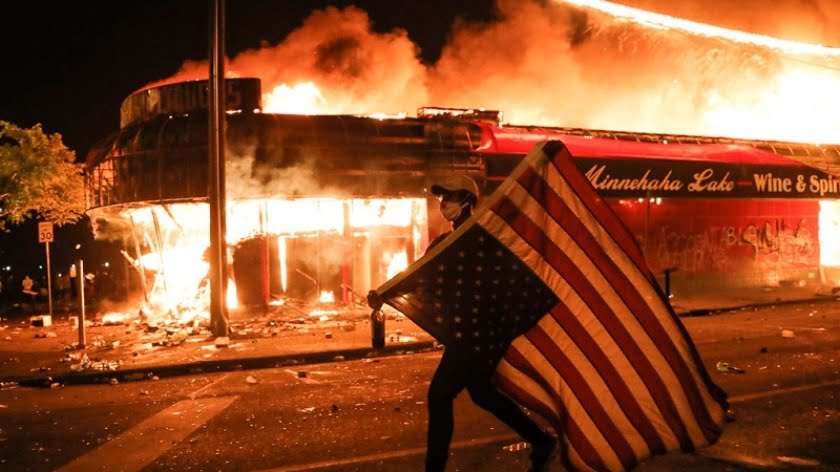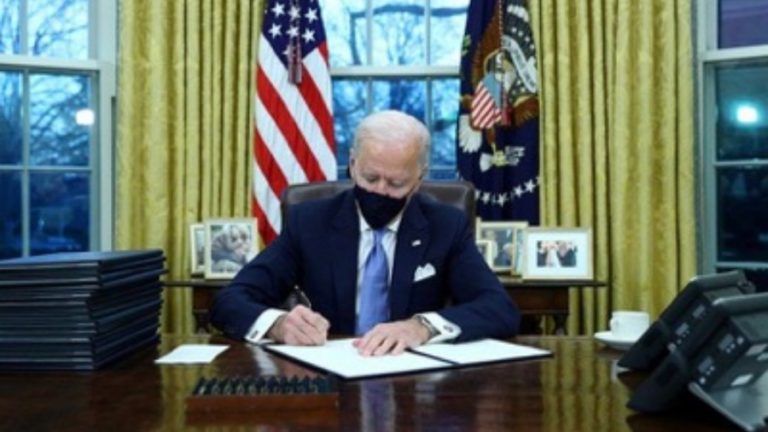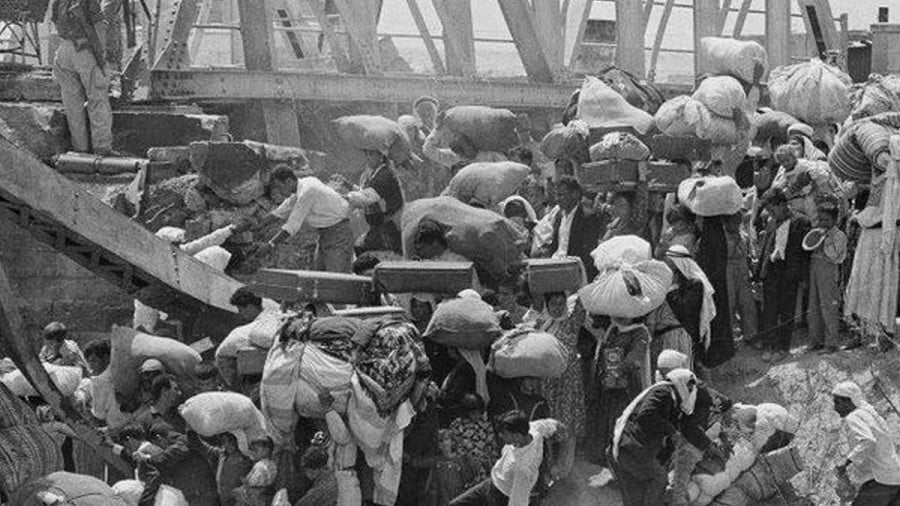Wiklieaks’ Email to the Media: “Censorship List” or “Ethical Standards”?
Reuters reported that Wikileaks sent an email discouraging others from spreading what it described as 140 defamatory and false assertions about its founder, such as the dangerous accusation that he’s a “Russian agent” and even gossipy claims that he supposedly has “poor personal hygiene”. Wikileaks interestingly wrote that the email was “Confidential legal communication. Not for publication”, though that apparently didn’t deter news about it from hitting the mainstream. Nevertheless, the intended secretiveness behind it could give the group’s enemies a superficial reason to allege that this is nothing more than a “censorship list” by an organization that hypocritically purports to be transparent.
The hyper-liberalism that’s spread throughout the Western Mainstream Media in the run-up to Trump’s election and its aftermath has created a freewheeling environment where it’s apparently acceptable to publish anything about anyone so long as the claims advance the outlet’s intended agenda, which is the opposite of how responsible media are traditionally supposed to behave. Faced with a non-stop onslaught of fake news about its founder, it makes sense why Wikileaks felt it necessary to remind others of the journalistic standards that they’re supposed to abide by, as well as give them a plethora of examples of what’s therefore unacceptable to publish about Assange.
Instead of being a “censorship list”, Wikileaks’ email is more like an “ethical guideline” for responsible journalists to keep in mind when covering its founder, seeing as how he’ll probably be more in the news later this year as Ecuador reportedly moves closer to reaching an agreement with the US for his removal from its UK Embassy. It’s probably with that possible development in mind why Wikileaks was moved to compile such an extensive list of false claims about Assange and advise the media not to include them in their coverage of him when they apparently hadn’t thought to do that before.
Should that be the case, then it could hint that the organization knows more about his potential fate than they’re letting on and fears that he’ll soon again become the subject of intense media scrutiny if the worst-case scenario unfolds where he’s kicked out of his diplomatic safe haven and sent to the US for trial. In any event and whether or not that transpires, all individuals, legal entities, and states could learn a lot from Wikileaks’ example by compiling a list of the fake news that was spread about them and discouraging the media from including them in their reports.
They probably won’t succeed in having that happen though, so it’s best to make the public aware of what’s fake news, debunk it all point-by-point, and then let them know that the media was also informed of this as well. The impression of seeing that so-called “reputable outlets” might still share fake news after knowing that they also received the same point-by-point debunking of it that others did could go a lot further than anything else in getting the public to realize the con game that’s being pulled on them and start questioning whether “journalistic standards” even still exist.
By Andrew Korybko
Source: Oriental Review







